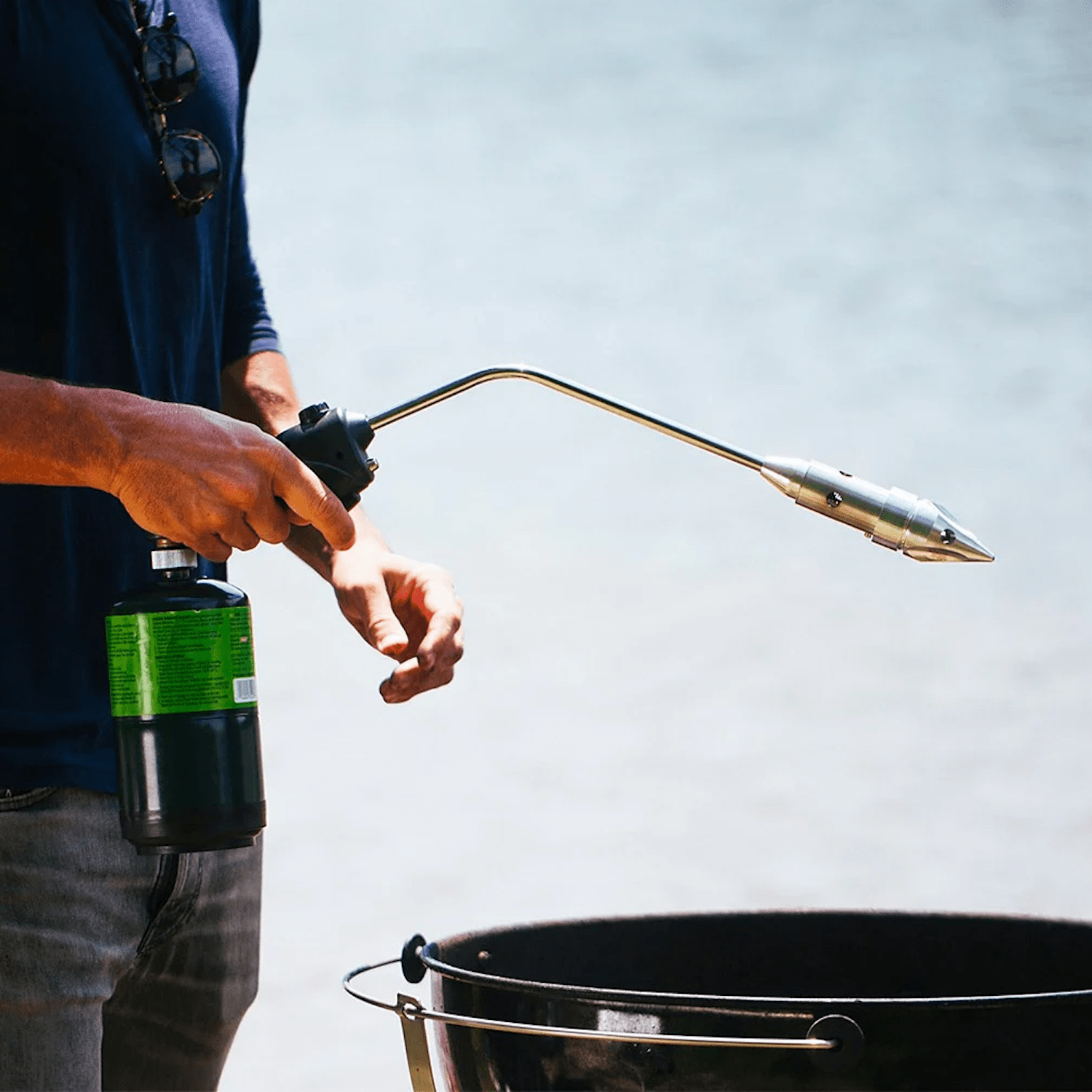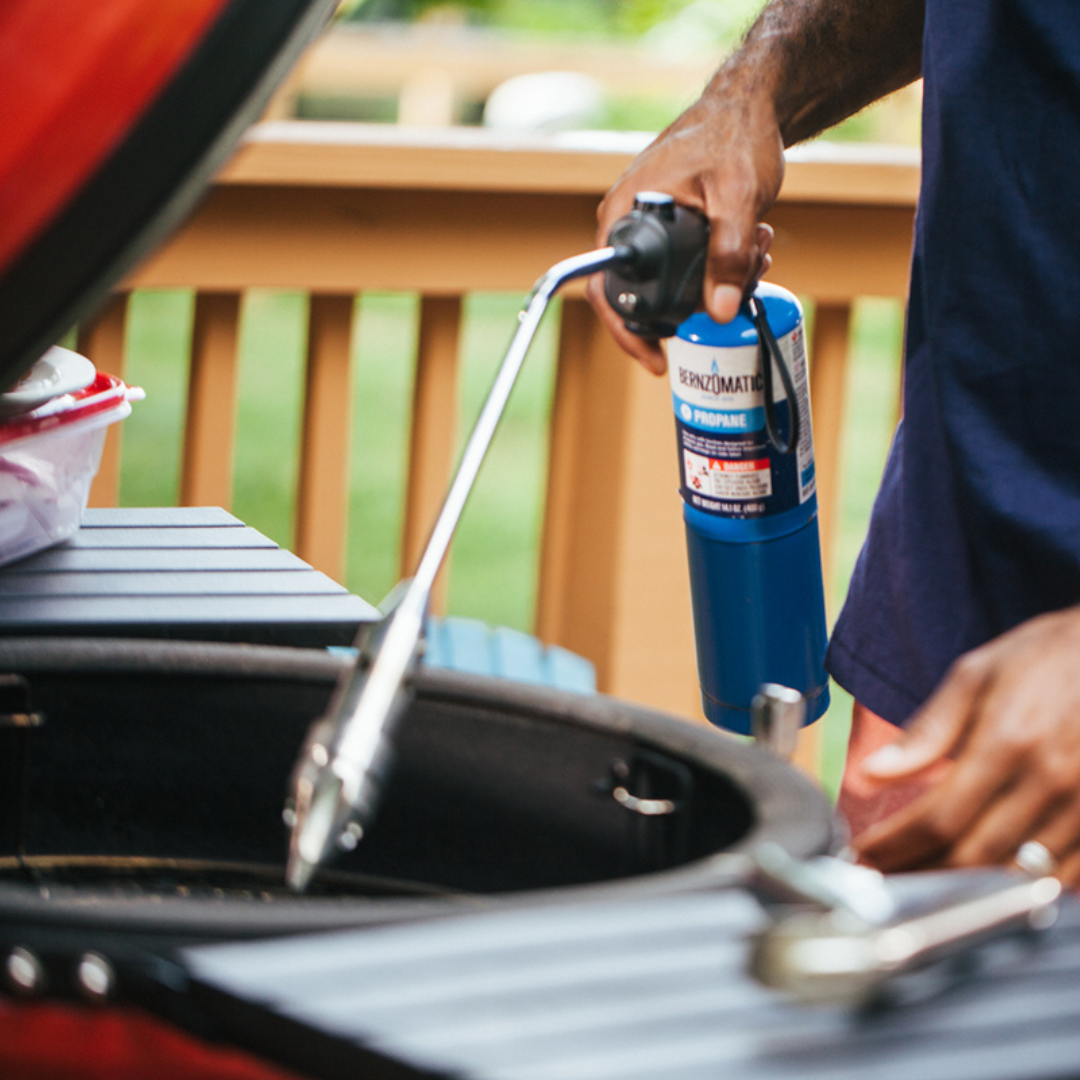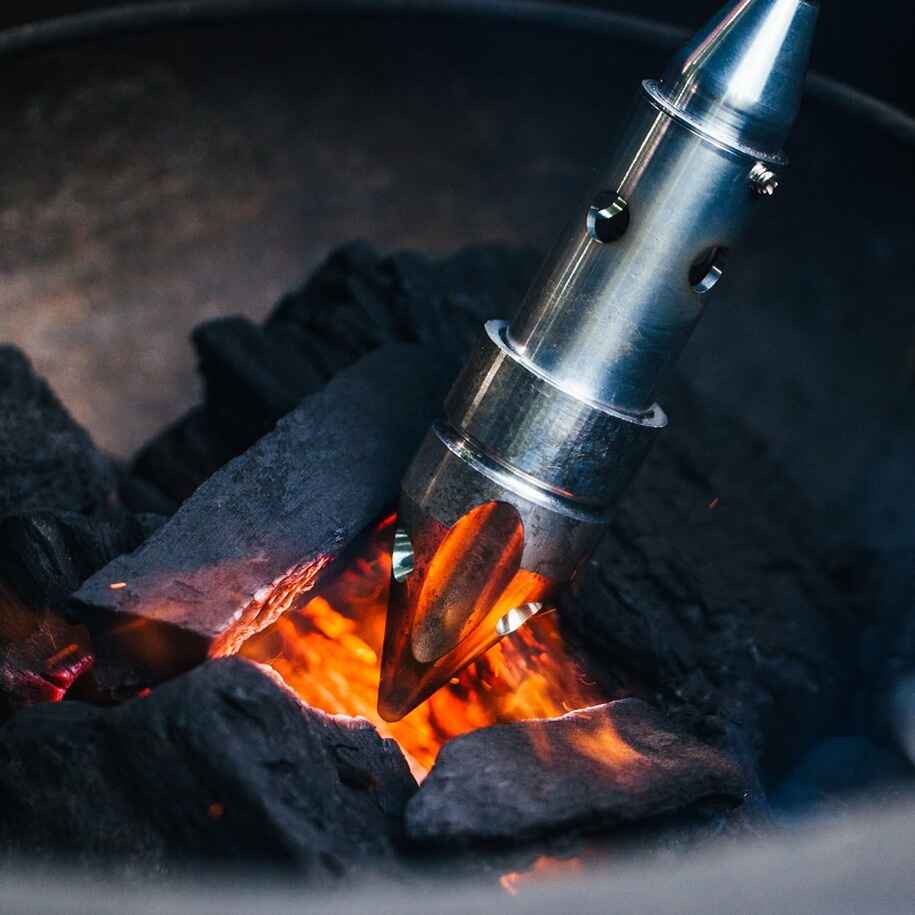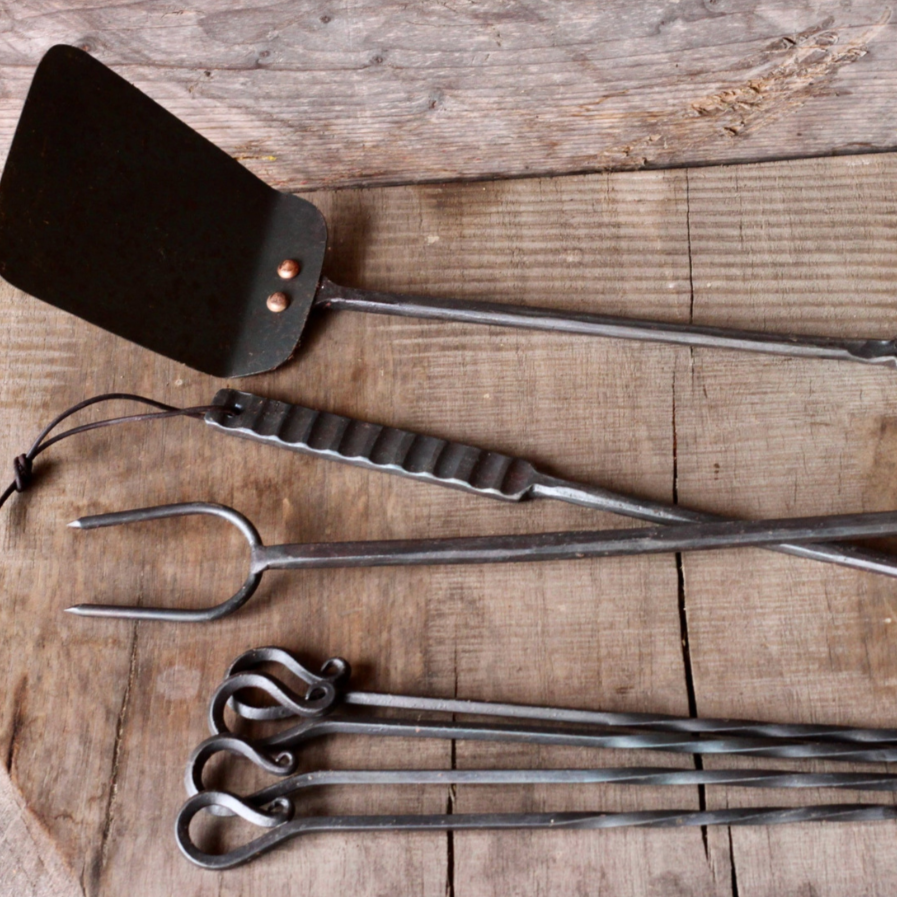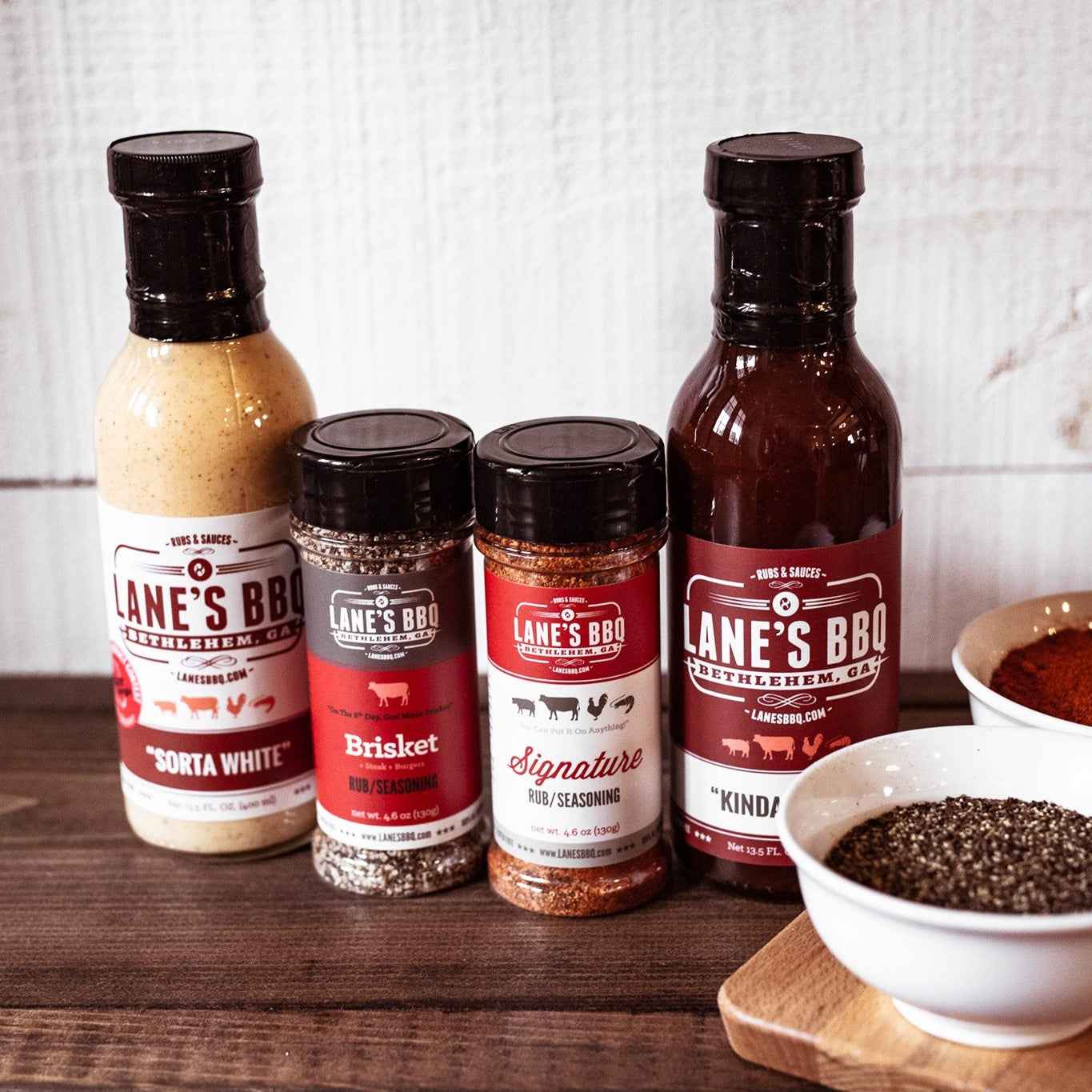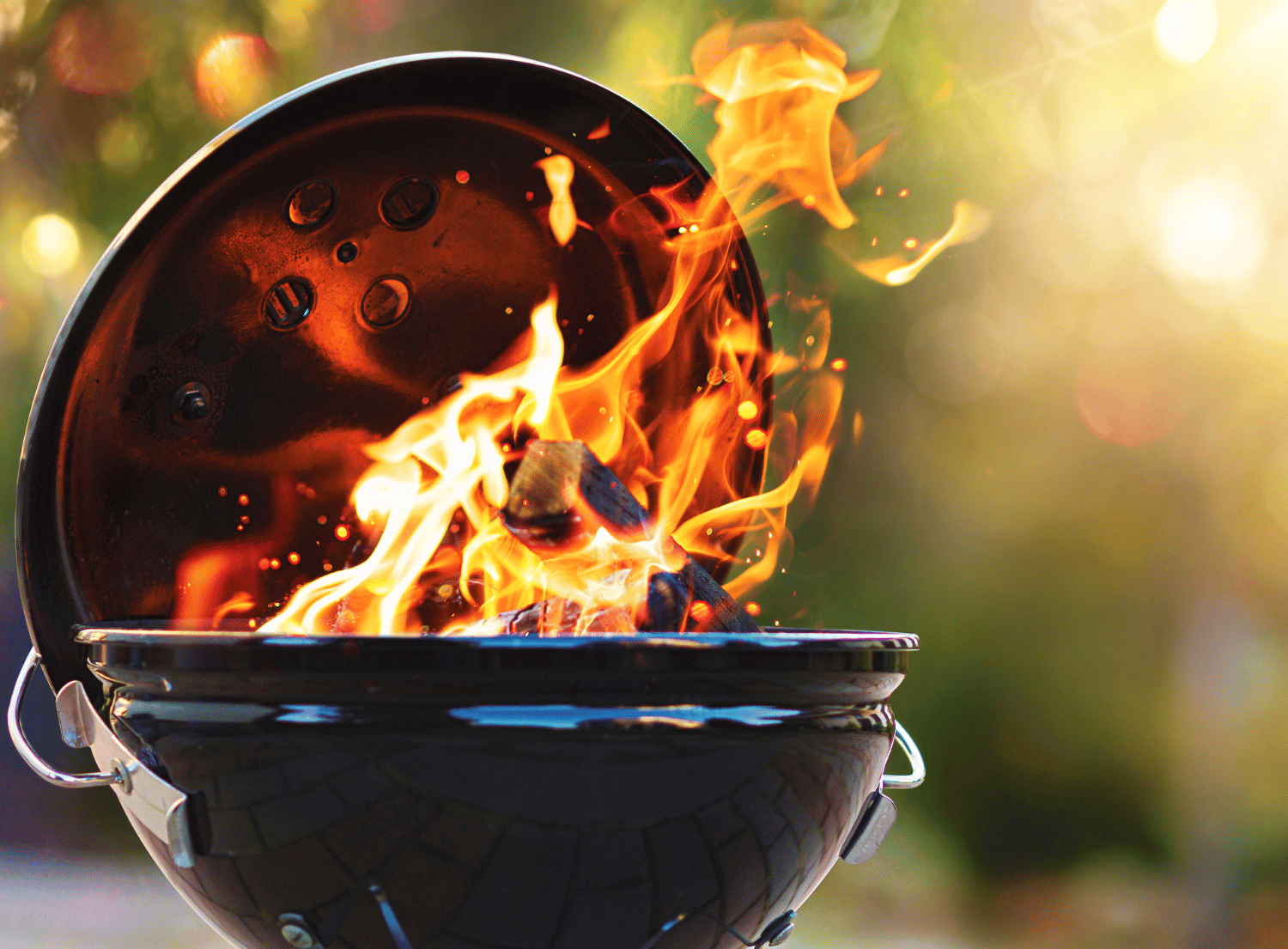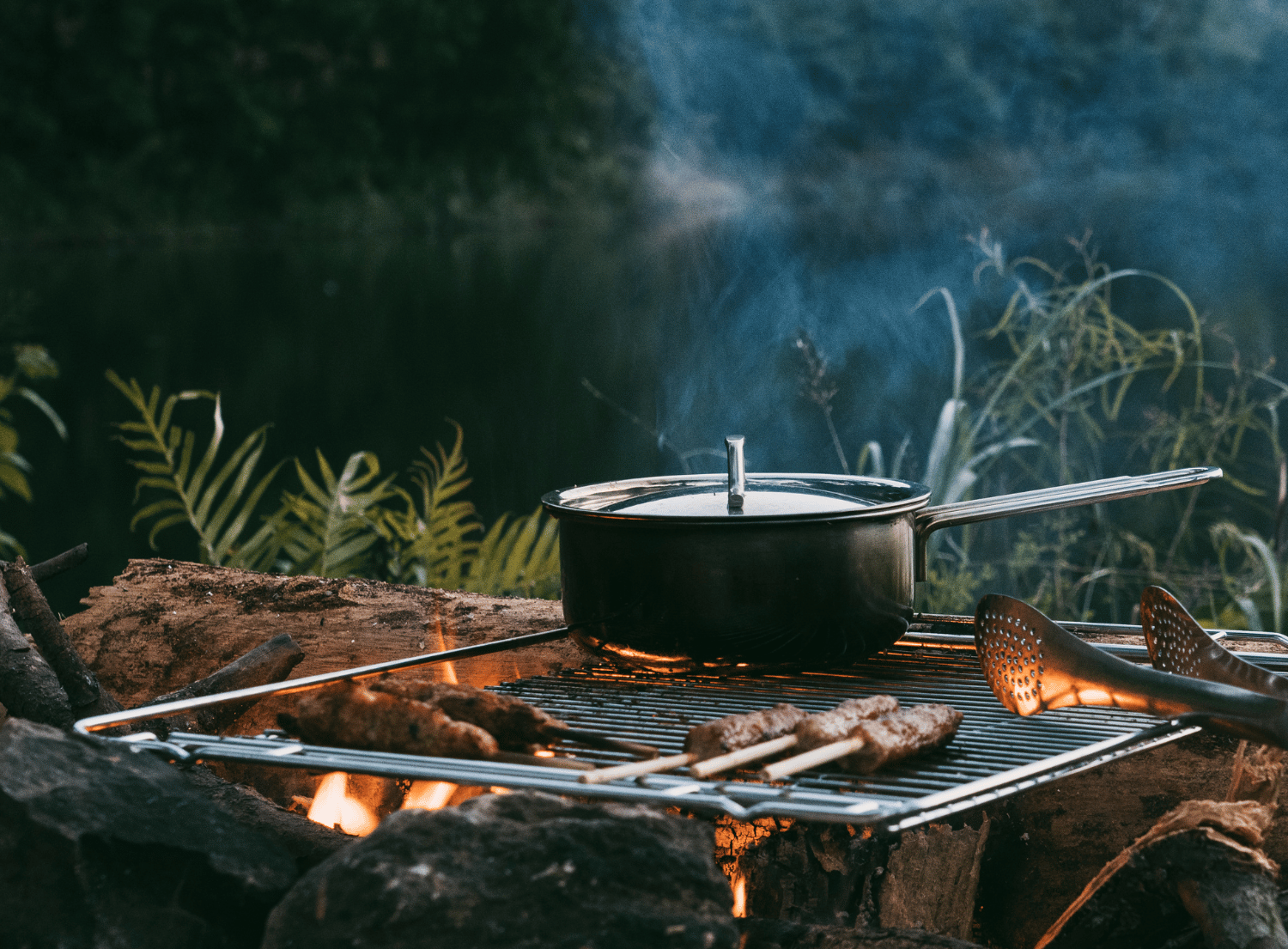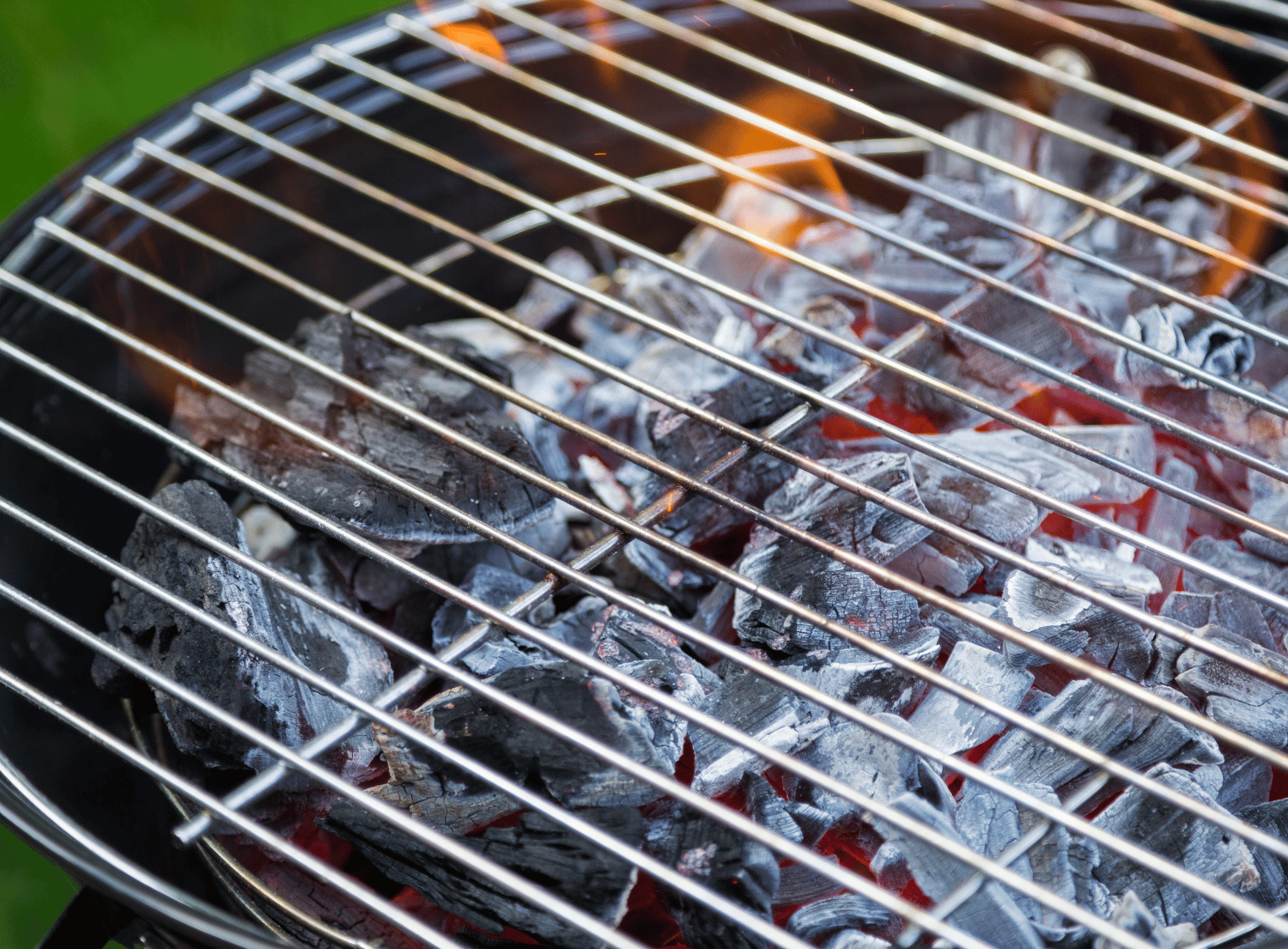A grease fire in grill cooking is a serious hazard that can quickly escalate if not handled correctly. Whether you're using charcoal or propane, knowing how to prevent, manage, and extinguish a grease fire is crucial for safe grilling.
Understanding the causes of grill fires and how to smother the flames effectively can greatly reduce risks and keep your grilling experience safe.
Understanding Grease Fires
Grease fires are one of the most common causes of grill fires. They happen when burning oil or grease buildup on grill grates, the grease tray, or the firebox area ignites. High cooking temperatures combined with fat drippings from meat can cause dangerous flare-ups, making it essential to keep a watchful eye on your grill at all times.
Knowing what to do immediately if your grill catches fire due to grease can make a big difference. Grill grease fires spread quickly, and using water to extinguish them can make them worse. Instead, proper safety measures, like having a fire extinguisher nearby, are necessary to prevent serious damage and keep you and your loved ones safe.
Preventing Grill Grease Fires
To avoid grease fires, regular cleaning of your grill is crucial. Grease buildup in the grease tray and on the grill grates increases the risk of a fire. Here are some important steps to prevent a grease fire:
- Clean your grill regularly. Remove grease, food residue, and oil drippings from the grill grates and grease tray.
- Use a drip pan to catch excess grease and minimize flare-ups.
- Trim excess fat from meat before grilling to reduce grease drippings.
- Keep a fire extinguisher rated for grease fires nearby.
- Avoid overusing oil when grilling, as too much cooking oil can lead to burning oil and dangerous flames.
- Inspect the grill’s burners to ensure they are in good condition.
- Never place flammable materials near your grill.
- Use a RocketFire Fire Torch to safely and effortlessly light your grill. Designed for ease of use, this advanced fire torch eliminates the need for matches, kindling, or lighter fluid, making the lighting process quick and hassle-free. With its powerful flame, you can ignite charcoal or wood in seconds while reducing the risk of accidental fires for a safer grilling experience.
Extinguishing a Grease Fire with a Fire Extinguisher
If your grill catches fire, acting fast is key. Follow these steps to safely extinguish a grease fire:
- Turn off the gas supply if you're using a propane grill.
- Close the lid and shut all the grill vents to cut off the oxygen supply and smother the flames.
- Throwing baking soda or kosher salt on the fire can help put out smaller grease fires by absorbing burning oil.
- Use a fire extinguisher rated for grease fires. The best option is a Class K extinguisher, but a multipurpose fire extinguisher can also work.
- Follow the PASS method when using a fire extinguisher:
- Pull the pin.
- Aim the nozzle at the base of the flames.
- Squeeze the handle.
- Sweep from side to side until the flames are out.
- Call the fire department if the fire is not under control.
Safety Precautions for Grease Fires
Having a solid emergency plan in place ensures you stay safe while grilling. Follow these safety measures to prevent grill fires from becoming serious emergencies:
- Keep baking soda or kosher salt nearby to smother grease fires quickly.
- Close the lid immediately if a grease fire starts.
- Never throw water on a grease fire. This will cause burning oil to spread and worsen the situation.
- Keep a cell phone handy to make an emergency call if necessary.
- Make sure the grill is on a flat, stable surface away from flammable materials.
- Use long-handled tongs and gloves to safely reach and remove the food if necessary.
After a Grease Fire: Inspection and Cleaning
Once the flames are extinguished, inspect your grill carefully before you start grilling again. Fire damage can weaken essential grill components and lead to future safety hazards.
- Check the grill's burners and fire box area for signs of damage.
- Clean your grill thoroughly, including the grill grates and grease tray.
- Inspect the warming rack and lid for any structural issues.
- Replace damaged parts before using your grill again.
- Ensure proper airflow by checking the grill vents.
Emergency Preparedness for Grease Fires
Being prepared for grill grease fires can greatly reduce the risk of damage or injury. Here are essential emergency preparedness tips:
- Have emergency services immediately accessible. Call the fire department at the first sign of a fire that you cannot control.
- Keep a fire extinguisher, baking soda, or kosher salt nearby.
- Ensure your grill is placed away from structures and flammable materials.
- Practice using a fire extinguisher so you know how to operate it properly in an emergency.
- Evacuate the area immediately if the fire spreads.
- Never leave your grill unattended. Always keep a watchful eye on the flames and food to prevent flare-ups.
Grill fires caused by grease buildup and flare-ups are common but can be prevented with proper care. Regular cleaning, using the right tools, and knowing how to extinguish grease fires effectively will help you grill safely. Keep a fire extinguisher, baking soda, and kosher salt nearby, and always be prepared to call the fire department if necessary.
Following these steps, you can safely enjoy cooking outdoors without risking a dangerous grease fire.

